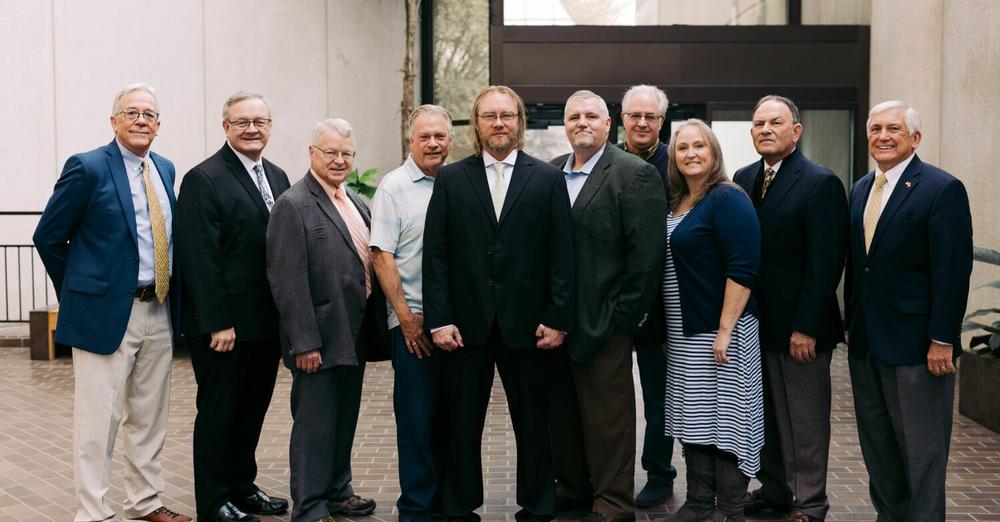The newly formed Recovery Center of the Ozarks is implementing a peer-based model of recovery that sets it apart from others in the country. Hope is the foundational principle.
Board member, Dr. Dawn Phelps said, “Nobody grows up wanting to be a patient with substance use disorder (SUD). It’s not a weakness. It’s an issue in the brain that caused the addiction to happen. That’s part of what we are basing our efforts to help people understand. SUD is a very regimented disease process. That’s the reason I wanted a medical model associated with our program. It’s very easy to get them sober for a short period of time. You take them out of their environment. But we have to give them the tools and resources to succeed once they leave that house or they are going right back into the same scenario they were in before.”
Phelps shared some statistics with the group. “It’s been found that 53% of substance use disorder patients also have at least one serious mental illness. Of the people who abuse alcohol, 37% also have a serious mental disorder. Until we treat the whole body as well as the mind, we can’t help those people. That’s where behavioral health comes into play. We need to get them treatment for depression. Treating them like people again and getting medical illnesses taken care of. That’s what this does. Some people can stop and never use again. Some cannot. Medically assisted treatments allow us to put them on a medication that takes the place of the substance they were using. There are treatments now for meth addiction, and the addiction of alcohol and opioids. The majority of people can be weaned off of the medicine as they learn coping mechanisms and other ways to associate with life. They are taught how to address those cravings.”
“I have a personal desire to help,” Phelps continued. “I’ve heard the screams of a newborn who was born with an addiction and the hospital had to carefully wean the baby off what the mother had been using.”
“This example shows that SUD is very real and affects more than just the user,” Beaver commented on Phelps’ story. “It affects the community and the people around us. To battle this crisis, it will take the same community coming together on a shared goal.”
Current chairman Steve Turner said, “We appreciate the help the community has already offered us. Ron Moore met with us off and on and agreed he would give us property on Hwy. 65 South. But we kept hitting walls with our program and it never got built. He kept telling us ‘It’s there.’”
Through all the proposals the board studied, they decided the home needs to be closer to town so the men can get to 12-step meetings as well as medical treatments and eventually to jobs. Camp Jack has offered the space for classes and offices to fill that need.
After years of overcoming hurdles, things began to fall into place for the Recovery Center to get off the ground and begin building assets for the recovery community and help those in need.
Beaver grins at the group and says, “I know why it took so long. God was preparing me while getting my qualifications and training to the point where I could become involved in this.”
Phelps added, “Who better to help somebody, than someone who has already been there. Someone who knows what it’s going to take to get there. This is what has a proven track record with the best success.”
For more information regarding Recovery Center of the Ozarks and the programs it offers, call (870) 280-8089, find them on social media or visit rcozarks.org
Donna Braymer [email protected]

